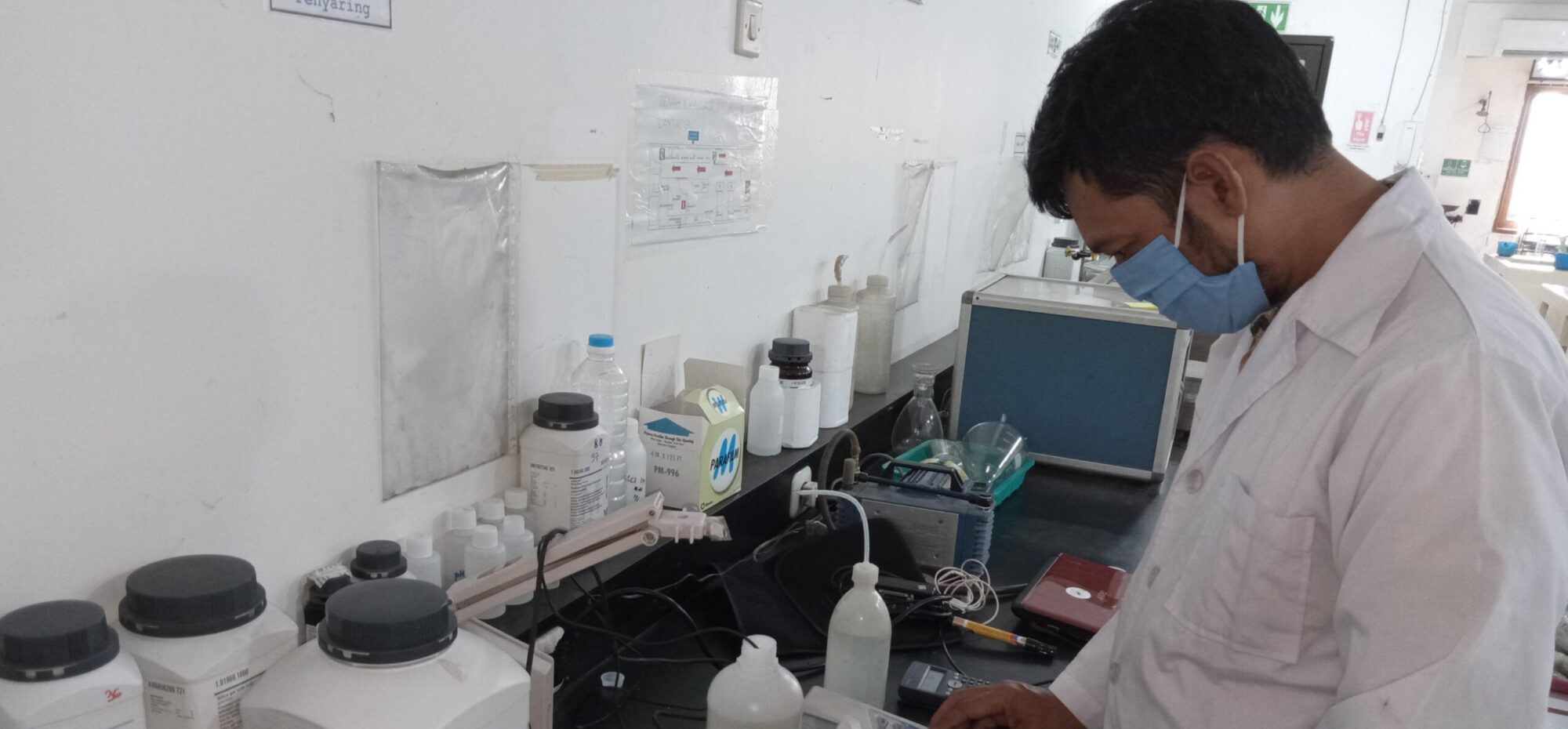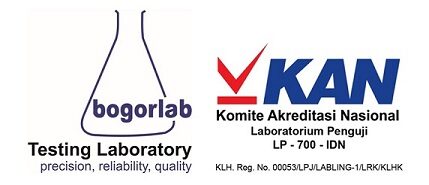Post-2020 Chemicals Management Planning Underway Despite COVID-19 Postponements

During a discussion on the COVID-19 pandemic’s impact on planning for the Strategic Approach to International Chemicals Management (SAICM) Beyond 2020, Monika Gail MacDevette, Chief, Chemicals and Health Branch, UNEP, underscored the need to maintain momentum and raise ambition and partnerships that look at the nexus among the mandates of the chemical conventions.
The post-2020 approach to international chemicals management had been scheduled to be adopted during the fifth session of the International Conference on Chemicals Management (ICCM5) in October 2020. The pandemic caused the postponement of the final preparatory meeting for ICCM5 a few weeks before it was scheduled to take place at the end of March 2020, along with the postponement of ICCM5 itself. Both events are now expected to take place in 2021.
During a webinar organized by the Geneva Environment Network to discuss the impact of the COVID-19 pandemic on the sound management of chemicals and waste, Nalini Sharma, SAICM Secretariat, noted that the Strategic Approach’s work is connected to the pandemic, particularly through the issue of waste management. She highlighted challenges for SAICM Beyond 2020, including linkages to other agendas, such as biodiversity and climate change. She added that a discussion on linkages between the SAICM Beyond 2020 and the post-2020 global biodiversity framework processes includes identifying activities for better coordination between the two clusters.
Three options for the rescheduled preparatory meeting were identified by Valentina Sierra, Permanent Mission of Uruguay to the UN in Geneva. One option under consideration is early March 2021 in Bucharest, Romania, where it was originally scheduled to take place in March 2020. The other two options are early March 2021, in a back-to-back schedule with the fifth meeting of the UN Environment Assembly (UNEA 5), in Nairobi, Kenya, or early July 2021, in a back-to-back schedule with ICCM5 itself, in Bonn, Germany. ICCM5 has been rescheduled to take place from 5-9 July 2021, in Bonn, Germany.
Sierra reported that small virtual working groups, open online briefings, and submissions of written comments could also contribute to the finalization of outcomes for SAICM Beyond 2020, for adoption at ICCM5. She also called attention to the work of the High-Level Ambition Alliance for chemicals and waste, which seeks to raise awareness and ensure commitment for action on chemicals and waste management.
Representatives from Geneva-based UN agencies discussed the linkages between chemicals management and the issues that their organizations focus on. Manal Azzi, Senior Specialist on Occupational Safety and Health, International Labour Organization (ILO), stressed the importance of the ILO in the chemicals’ field, notably because of workers’ exposure to chemicals along the entire supply chain. Carolyn Vickers, Head, Chemical Safety and Health Unit, World Health Organization (WHO), emphasized the WHO Chemicals Roadmap, and establishment of a global chemicals and health network, where national ministries network to facilitate the implementation of the roadmap. Vickers highlighted that mentioned at least 1.6 million deaths could be prevented by the sound management of chemicals and waste.
Discussing the role of civil society in the Beyond 2020 process, Giulia Carlini, Center for International Environmental Law, said the July 2021 ICCM5 and BRS COPs in Bonn, Germany, would disadvantage non-European participants. She said an online process, including virtual working group sessions and technical briefings, would ensure meaningful and effective participation going forward.
The webinar was part of the GENeva Environment Dialogues’ special bi-weekly COVID-19 series, which focus on the impacts of the COVID-19 pandemic on the global environmental agenda.

